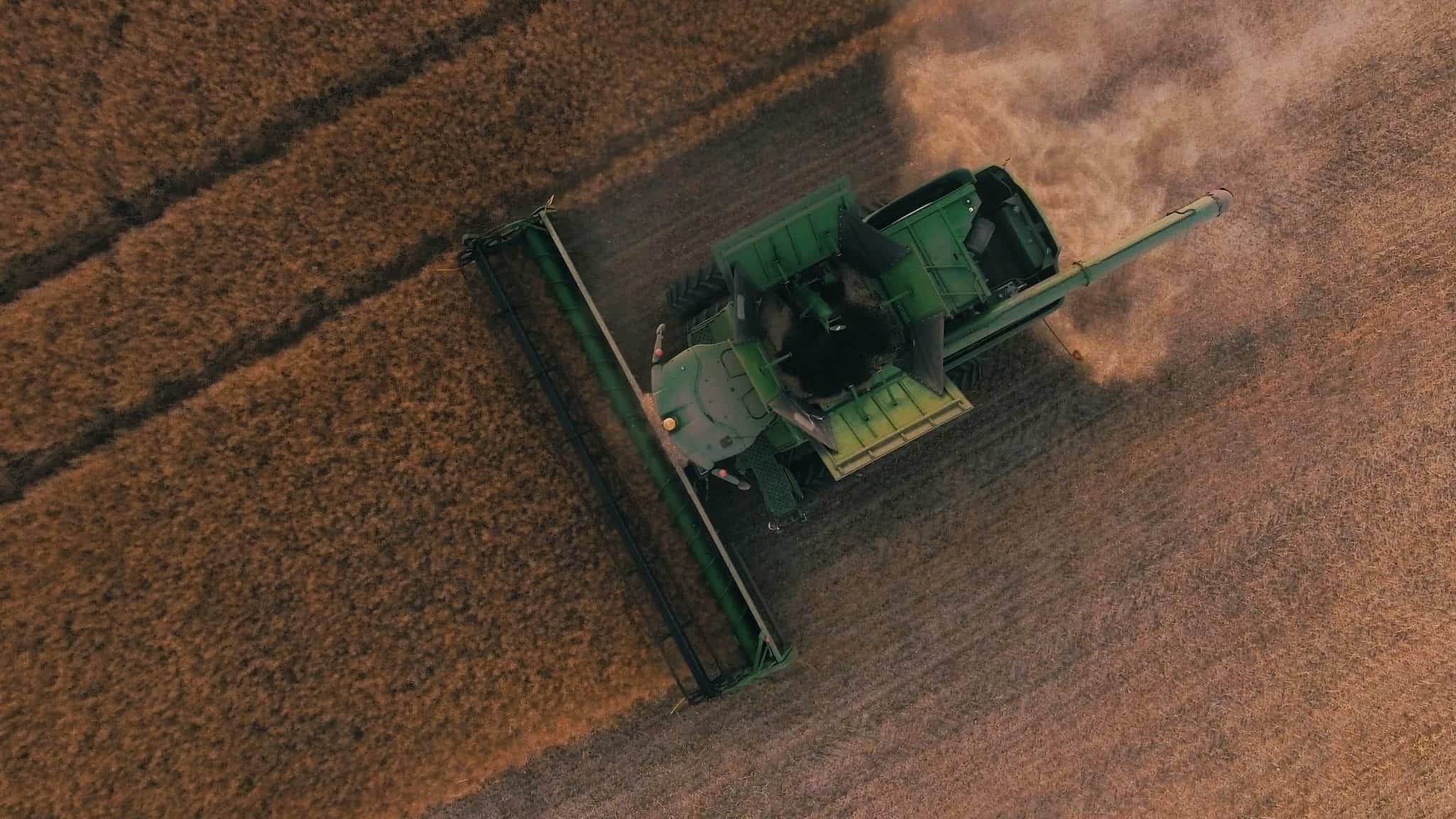Mackenzie Bouverat is a student at Harvard Law School.
Colorado, Mississippi, Minnesota, Montana and Tennessee are poised to join Georgia, Oklahoma, Alaska and South Carolina in easing coronavirus-related restrictions on commercial activity. Colorado is permitting hair salons, barbershops and tattoo parlors to open next Friday (but Denver county has extended stay-at-home orders until May 8.) Dine-in services are permitted to resume in Tennessee this Monday. Oklahoma opens spas, pet groomers, salons and barbershops this Friday. Missouri will open the “majority” of its businesses on May 4. These re-openings contradict the advice of public health experts and the polled preferences of the majority of Americans.
As meat processing plants close across North America, the U.S. Centers for Disease Control and Prevention and the Department of Labor have issued joint guidelines for meat processing facilities. The new regulations direct meat processing employers to maintain six feet of distance between employees, and to screen employees for coronavirus symptoms at the beginning of each shift. But for many employees, these measures come too late: over 5,000 meatpacking workers have already contracted the coronavirus; 13 have died. A Missouri-based workers rights nonprofit, the Rural Community Workers Alliance, is suing Smithfield Foods for breaching its duty to provide its workers with a reasonably safe workplace conditions. The single plaintiff-employee of Smithfield in the case has elected to remain anonymous, “because her years of experience working for Smithfield suggest to her that Smithfield is likely to retaliate against her for speaking out against the company.” The lawsuit aims to secure adequate personal protective equipment and the company’s commitment to refraining from disciplinary action when workers take sick days.
On Friday, President Trump announced the Coronavirus Food Assistance Program, a $19 billion relief program for the agriculture sector. The bill distributes $16 billion in direct payments to farmers and ranchers and mass purchases $3 billion of dairy, meat and produce to distribute through food banks. This step follows the reduction of restrictions on farmers hiring H2-A migrant workers–including lowering minimum wages–and the relaxation of water use restrictions for California growers. Despite these measures, the Wall Street Journal reports that farmers have been ‘forced’ to destroy their crops, citing a lack of demand.
After 840 sailors on the USS Theodore Roosevelt tested positive for coronavirus, the US Navy has recommended the reinstatement of the ship’s captain, Brett Crozier. Crozier was relieved of his command by acting Secretary of the Navy Thomas Modly after distributing a letter criticizing the Navy’s response to the ship’s outbreak. Defense Secretary Mark Esper intends to meet with Navy leadership before the Pentagon issues a final decision.






Daily News & Commentary
Start your day with our roundup of the latest labor developments. See all
February 25
OSHA workplace inspections significantly drop in 2025; the Court denies a petition for certiorari to review a Minnesota law banning mandatory anti-union meetings at work; and the Court declines two petitions to determine whether Air Force service members should receive backpay as a result of religious challenges to the now-revoked COVID-19 vaccine mandate.
February 24
In today’s news and commentary, the NLRB uses the Obama-era Browning-Ferris standard, a fired National Park ranger sues the Department of Interior and the National Park Service, the NLRB closes out Amazon’s labor dispute on Staten Island, and OIRA signals changes to the Biden-era independent contractor rule. The NLRB ruled that Browning-Ferris Industries jointly employed […]
February 23
In today’s news and commentary, the Trump administration proposes a rule limiting employment authorization for asylum seekers and Matt Bruenig introduces a new LLM tool analyzing employer rules under Stericycle. Law360 reports that the Trump administration proposed a rule on Friday that would change the employment authorization process for asylum seekers. Under the proposed rule, […]
February 22
A petition for certiorari in Bivens v. Zep, New York nurses end their historic six-week-strike, and Professor Block argues for just cause protections in New York City.
February 20
An analysis of the Board's decisions since regaining a quorum; 5th Circuit dissent criticizes Wright Line, Thryv.
February 19
Union membership increases slightly; Washington farmworker bill fails to make it out of committee; and unions in Argentina are on strike protesting President Milei’s labor reform bill.